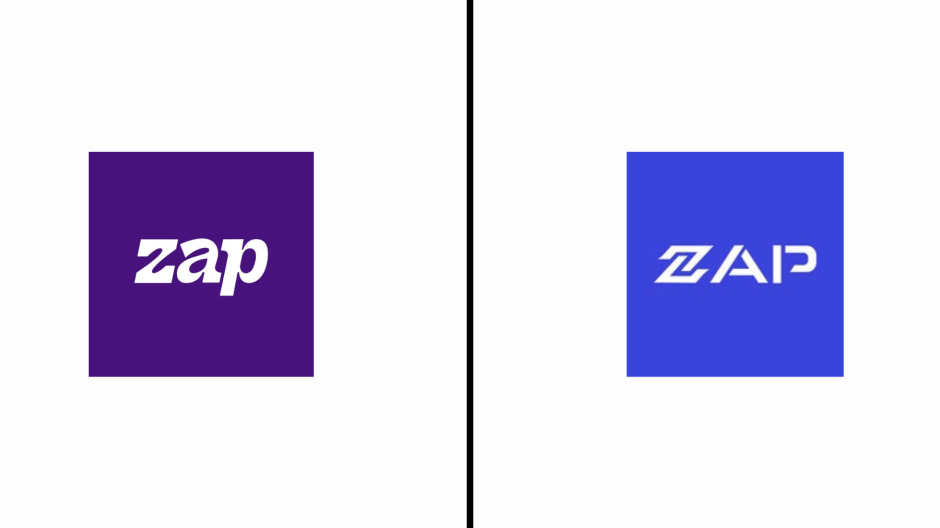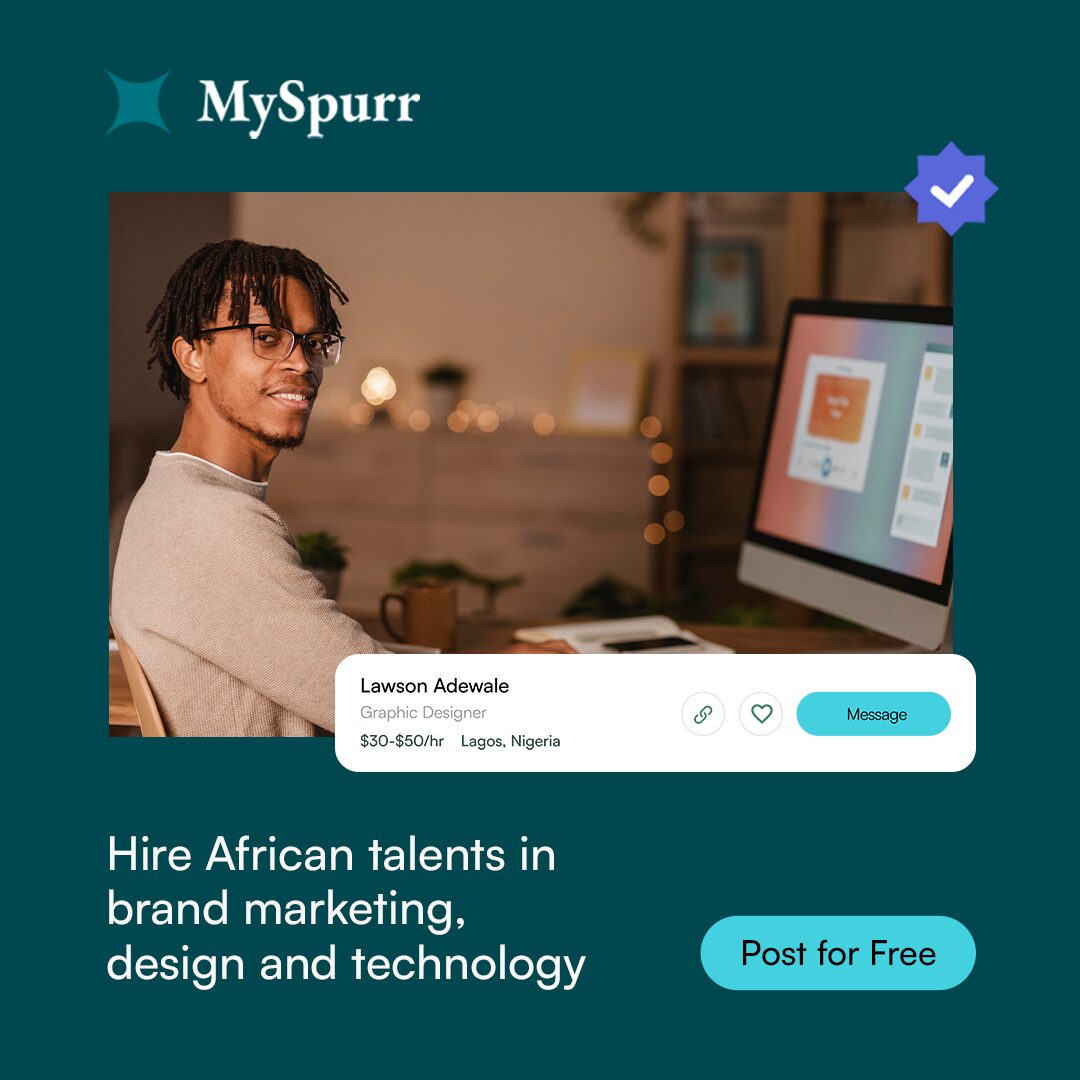In Africa’s growing tech and startup space, your brand name is more than just a label, it’s a legal asset. The recent dispute between Paystack and Zap Africa shows why trademarking your startup’s name early, and in the right way, is essential.
The Zap Trademark Dispute: What Happened
On March 24, 2025, Paystack, one of Nigeria’s most notable fintech companies, launched Zap, a new consumer-facing payment product. But within hours of the launch, a smaller Nigerian startup named Zap Africa publicly challenged Paystack’s use of the name.
According to reporting by This is Big, Zap Africa had already filed trademarks for “Zap” in key categories (Classes 35, 36, and 42) with the Nigerian Ministry of Industry, Trade and Investment, some as early as October 2023, months before Paystack filed for its own Zap trademarks.
A series of cease and desist letters followed. Each company presented documentation to defend its claim to the “Zap” brand. The case remains unresolved publicly, but it sparked debate around due diligence and brand ownership in the startup world.
Trademark Basics: What Founders Need to Know
Trademarks protect names, logos, and symbols that identify your business. In most African countries, you don’t automatically get full rights to a name just by using it, you must apply for a trademark.
Key Lessons:
- First to file matters. Zap Africa filed its first trademark application before Paystack did. Early filing builds a stronger legal case.
- Classes are important. Trademarks are registered under specific “classes” that define your product or service type. Zap Africa filed in Class 35 (business), 36 (finance), and 42 (software). Choosing the right class is critical.
- You can lose your name. Without registration, your startup could be forced to rebrand if someone else registers the name legally.
How to Trademark Your Name in Nigeria and Beyond
Here’s a basic process for startups:
- Search for the Name – Use your country’s trademark registry or a local legal agent to check availability.
- Choose the Right Class – Common classes for startups include:
- 35: Business, advertising
- 36: Finance, banking
- 42: Software and technology
- File with National Registry
In Nigeria, file through the Trademarks, Patents and Designs Registry under the Ministry of Industry, Trade and Investment. - Work with a Legal Agent
While you can file on your own, using a lawyer ensures the right process and class selection. - Enforce Your Rights
After approval, you’re responsible for defending your name legally if someone else uses it.
The Bigger Issue: Regulation and Risk
Beyond the name conflict, Paystack also launched Zap without prior approval from Nigeria’s Central Bank (CBN), as reported by sources within the regulatory body. According to the CBN, even if a fintech operates under existing licenses, it must still submit new products for approval before launch.
This situation highlights another point: compliance matters. Fintech startups especially must follow licensing rules for each product, both locally and internationally.
The Paystack-Zap case shows that even the biggest names can get caught up in legal and regulatory missteps. For early-stage founders, this is a timely reminder:
- Trademark early. Don’t wait until you launch to secure your name.
- Pick the right class. Cover the category your product operates in.
- Get regulatory clarity. Before launching any financial product, check licensing requirements.
Branding is about more than design it’s a legal foundation. Get it right from the start.
Not sure whether you need a trademark or copyright? Read our guide on Trademark vs Copyright for Startups




